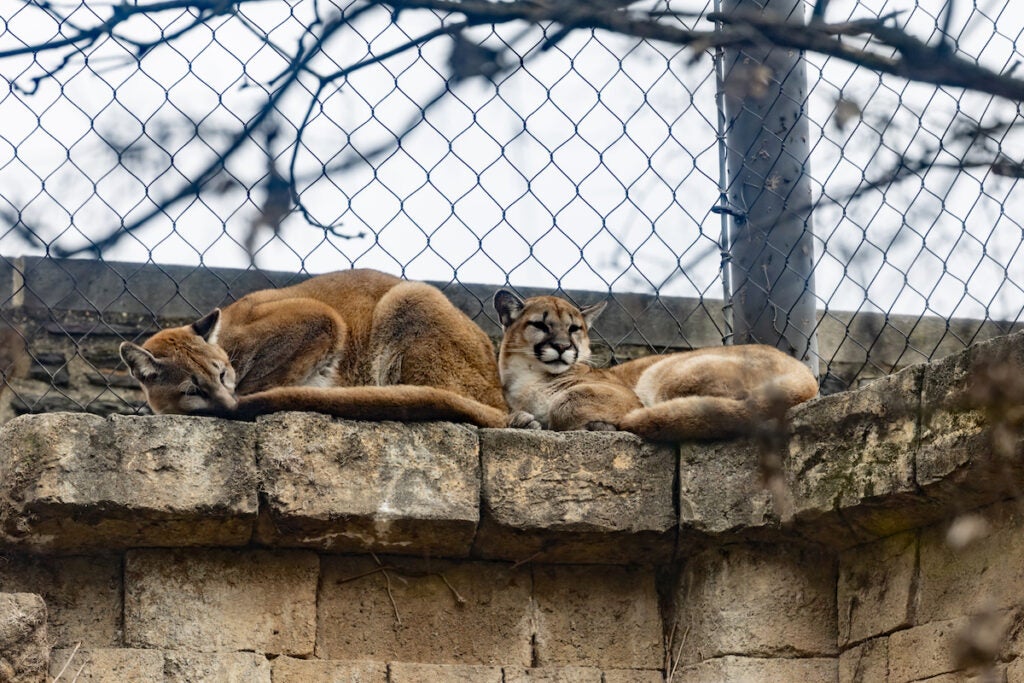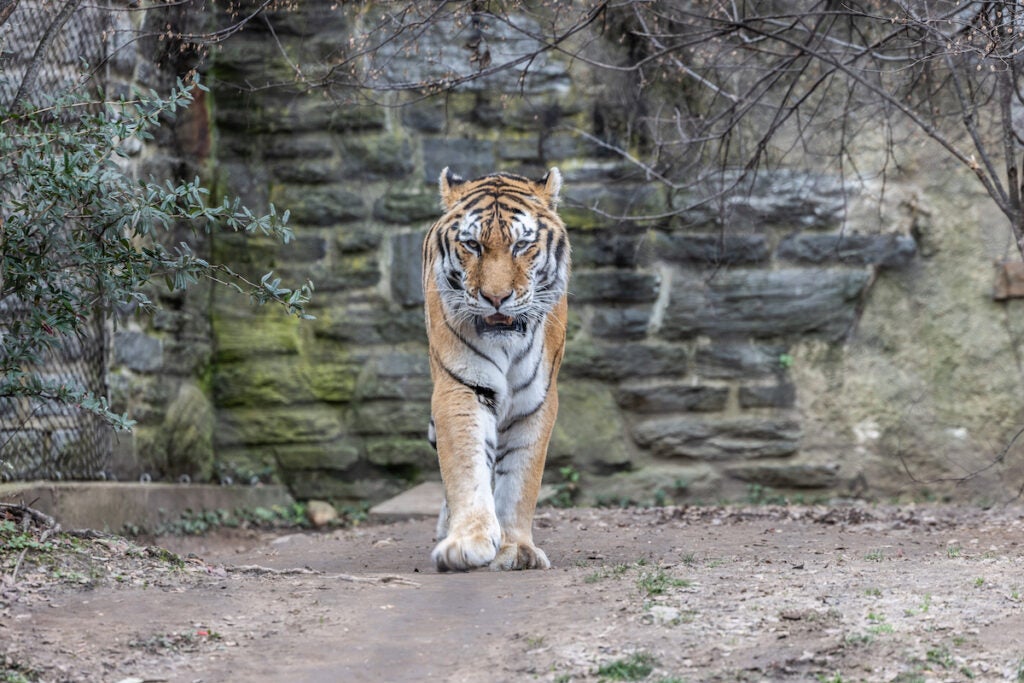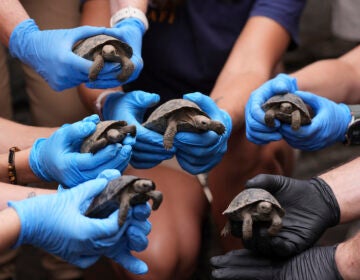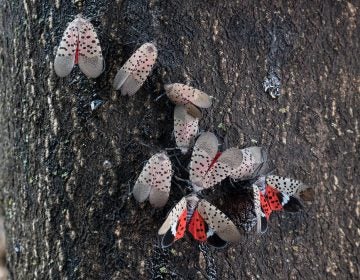Philadelphia Zoo invites visitors to document animal behaviors during Monday’s eclipse
Visitors to the Philadelphia Zoo can observe their favorite animals and document their behaviors before, during and after the eclipse.
Listen 1:08
Alpacas at the Philadelphia Zoo have been one of visitors' favorites in the past few years. (Kimberly Paynter/WHYY)
What you need to know
- Here’s what you need to know about the total solar eclipse
- Check to see if you’re in the path of totality and what time the eclipse will be visible where you live
- During the eclipse, Drexel researchers will be sending a balloon into the stratosphere to measure ozone, and University of Delaware students will be part of a NASA experiment
- Here’s where you can watch the eclipse in Philly, here’s what’s going on in Chester County and here’s how you can watch online
- But be prepared: Watching a solar eclipse without the right filters can cause eye damage. Here’s why
From Philly and the Pa. suburbs to South Jersey and Delaware, what would you like WHYY News to cover? Let us know!
Scientists have documented changes in animal behaviors during the darkness of a total solar eclipse — bats pour out of their caves in the middle of the day, and birds get ready to sleep.
But there’s been less research on whether animals react to a partial solar eclipse, when only a part of the sun appears to be covered by the moon.
On Monday, people in the Philadelphia region can experience a near 90% coverage of the eclipse. Visitors to the Philadelphia Zoo will have a chance to help scientists determine whether animals can sense the light changes of a partial eclipse.

“One of the amazing things about having a zoo is that it’s a living collection of animals. It is constantly growing, evolving, changing,” said primate and mammal curator Michael Stern. “And this is just a question that a lot of people started asking us as the eclipse was getting closer and closer, and we realized we really don’t know the answer to it.”
As part of the partnership with the nonprofit SciStarter, zoo visitors can observe their favorite animals and document their behaviors before, during and after the eclipse.
“It’s really just an amazing way for us to make good use of the animals here, learn something from them and get our visitors excited about nature, science, evolution and all those things,” Stern said.
Stern added he doesn’t expect animals to change their behaviors significantly during the partial eclipse. However, some animals sense small environmental changes — even when humans don’t.

“If I had to put my money on something, though, it would probably be the birds,” Stern said. “Birds can see lots of different wavelengths of light, different than humans can.”
For instance, he said, the zoo’s blue and gold macaws flapped their wings and squawked before people felt Friday’s earthquake.

Get daily updates from WHYY News!
WHYY is your source for fact-based, in-depth journalism and information. As a nonprofit organization, we rely on financial support from readers like you. Please give today.






